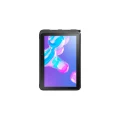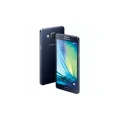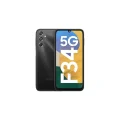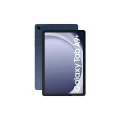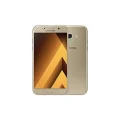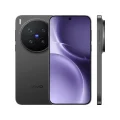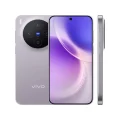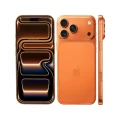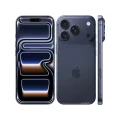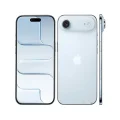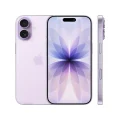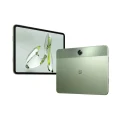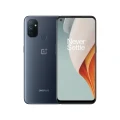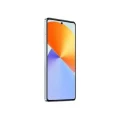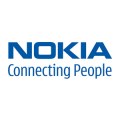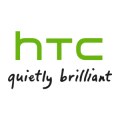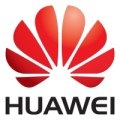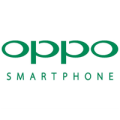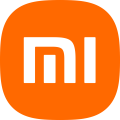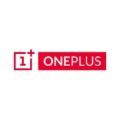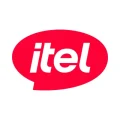- Home
- All Products
- Samsung
- Samsung Galaxy Tab S8 Ultra
Samsung Galaxy Tab S8 Ultra
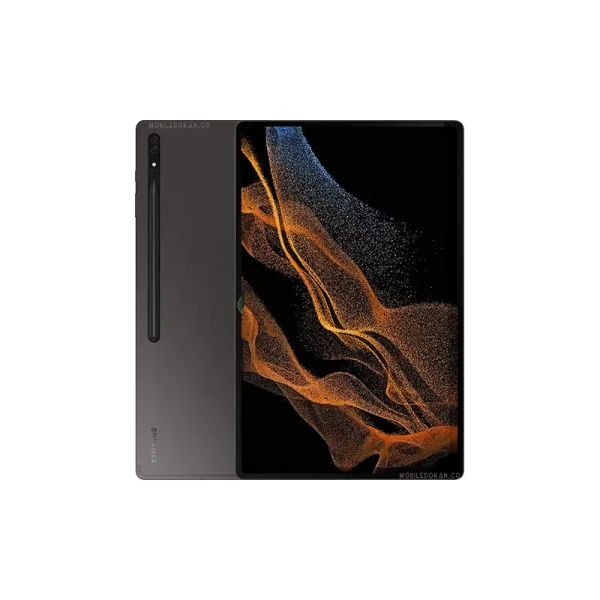

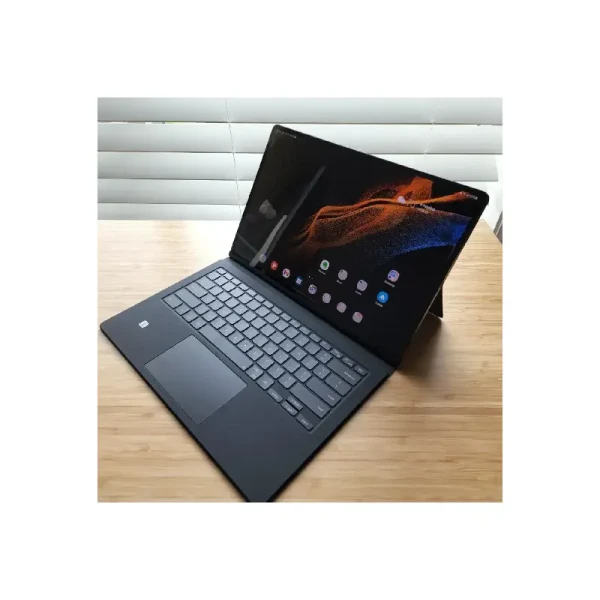
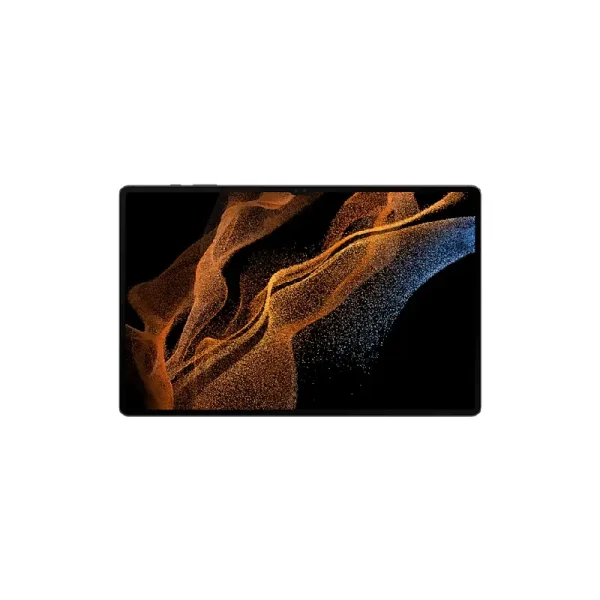
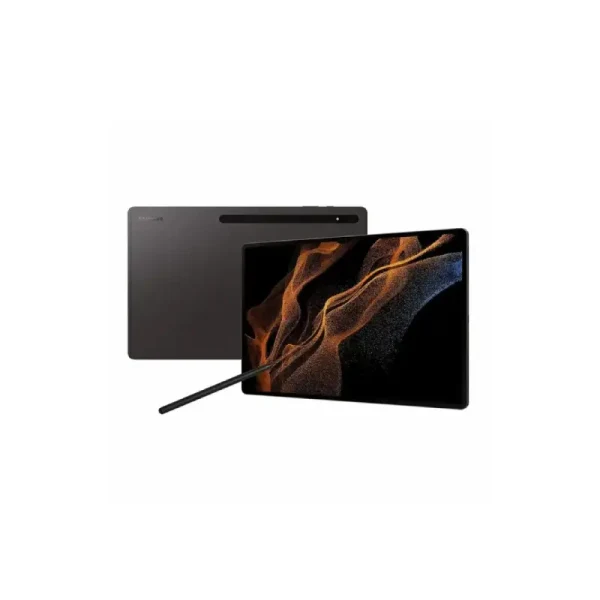
-
Battery: Li-Po 11200 mAh
-
RAM: 8GB, 8GB, 12GB, 16GB, 12GB, 16GB
-
Storage: 128GB, 256GB, 256GB, 256GB, 512GB, 512GB
-
Display: Super AMOLED, 14.6 inches
-
Camera: Rear 13 MP+6 MP, and Front 12 MP+12 MP
-
OS: Android 12, upgradable to Android 14, One UI 6
Full Specifications
Price
| Official | 105000 BDT 12GB/256GB Approx. |
General
| Model | Samsung Galaxy Tab S8 Ultra |
| Announced | 2022, February 09 |
| Released | 2022, April 30 |
| Status | Available |
Design
| Dimensions | 326.4 x 208.6 x 5.5 mm (12.85 x 8.21 x 0.22 in) |
| Weight | 726 g (Wi-Fi), 728 g (5G) (1.60 lb) |
| SIM SIM (Subscriber Identity Module) is a small card that contains mobile network subscriber's account information. This allows the phone using the card to attach to a mobile network. The SIM card is most commonly associated with GSM and UMTS mobile networks. Moving a SIM card from one phone to another allows a subscriber to switch mobile phones without having to contact their mobile network carrier. SIM cards can also be used by a phone to store limited amounts of data, such as phone numbers and text messages. |
Nano-SIM Stylus, 2.8ms latency (Bluetooth integration, accelerometer, gyro) |
| Colors | Graphite |
Display Specification
| Display Type Display Technology => A number of display technologies and types used in mobile phones => TFT (Thin Film Transistor), IPS (In-Place Switching), OLED (Organic Light Emitting Diode), AMOLED (Active-Matrix Organic Light-Emitting Diode), Super AMOLED (an even advanced version of AMOLED), Resistive Touchscreen (Resistive touchscreens contain two layer of conductive material with a very small gap between them which acts as a resistance), Capacitive Touchsceen (Capacitive touchscreen technology consists of a layer of glass coated with a transparent conductor) | Super AMOLED |
| Size | 14.6 inches, 612.6 cm2 |
| Resolution | 1848 x 2960 pixels, 16:10 ratio |
| Refresh Rate | 120Hz |
| Pixel Density Pixel Density (PPI) is refers to the concentration of pixels on a particular display, measured in pixels per inch (ppi). Pixel density is calculated by dividing the diagonal pixel resolution of a display by its diagonal size, higher pixel density better display quality. | 240 ppi density |
| Display Protection Display Protection => Gorilla Glass is a special alkali-aluminosilicate glass shield with exceptional damage resistance that helps protect mobile displays from scratches, drops, and bumps of everyday use, It is always better to go for a smartphone with Gorilla Glass for that added protection and peace of mind. | Corning Gorilla Glass 5 |
| Features |
HDR10+ 90.0% screen-to-body ratio |
Platform
| Operating System OS => Every computer system run on a base software called Operating System (OS). Operating System controls all basic operations of the computer (such as smartphone, PDAs, tablet computers and other handheld devices). The Operating System allows the user to install and run third party applications (apps), apps are used to add new functionality to the device. | Android 12, upgradable to Android 14, One UI 6 |
| Chipset Chipset is a group of integrated circuits designed to perform one or a more dedicated functions, often with real time computing constraints, Popular smartphones are equipped with more advanced embedded chipsets that can do many different tasks depending on their programming. | Qualcomm SM8450 Snapdragon 8 Gen 1 (4 nm) |
| CPU CPU (Central Processing Unit) mostly known as processors, CPU processes instructions in order to carry out certain functions that make your device operate properly. Processors are often described as the brain of computers, smartphones and tablets, Smartphones and tablets rely on processors to carry out their every task, Processors are an incredibly important factor in selecting any type of computing device, including your smartphone. | Octa-core (1x3.00 GHz Cortex-X2 & 3x2.50 GHz Cortex-A710 & 4x1.80 GHz Cortex-A510) |
| GPU GPU (Graphics Processing Unit) is a single-chip processor designed to rapidly manipulate and alter memory to accelerate the creation of images in a frame buffer intended for output to a display, This includes things such as lighting effects, object transformations, and 3D motion. | Adreno 730 |
Main Camera
| Camera Setup | Dual |
| Resolution |
13 MP, f/2.0, 26mm (wide), 1/3.4", 1.0µm, AF 6 MP, f/2.2, (ultrawide) |
| Features |
LED flash, HDR, panorama |
| Video | 4K@30/60fps, 1080p@30fps |
Selfie Camera
| Camera Setup | Dual |
| Resolution |
12 MP, f/2.2, 26mm (wide) 12 MP, f/2.4, 120˚ (ultrawide) |
| Video | 4K@30/60fps, 1080p@30fps |
| Features | HDR |
Network & Connectivity
| Technology | GSM / HSPA / LTE / 5G |
| Speed | HSPA, LTE (CA), 5G |
| Wi-fi Wi-Fi is a popular wireless networking technology using radio waves to provide high-speed network connections that allows devices to communicate without cords or cables, Wi-Fi is increasingly becoming the preferred mode of internet connectivity all over the world. | Wi-Fi 802.11 a/b/g/n/ac/6e, dual-band, Wi-Fi Direct |
| Bluetooth Bluetooth is a wireless communications technology for exchanging data between mobile phones, headsets, computers and other network devices over short distances without wires, Bluetooth technology was primarily designed to support simple wireless networking of personal consumer devices. | 5.2, A2DP, LE |
| NFC NFC (Near field communication) is a set of standards for smartphones and similar devices to establish peer-to-peer radio communications with each other by touching them together or bringing them into proximity, usually no more than a few inches. | No |
| Positioning |
GPS, GLONASS, BDS, GALILEO |
| FM Radio | No |
| USB | USB Type-C 3.2, magnetic connector |
| 2G Network |
GSM 850 / 900 / 1800 / 1900 |
| 3G Network |
HSDPA 850 / 900 / 1700(AWS) / 1900 / 2100 |
| 4G Network | LTE |
| 5G Network |
SA/NSA |
Battery
| Battery Type Battery Type => Cell phones run on various kinds of batteries depending on the manufacturer, phone size or shape and features. There are basically four types of cell phone batteries => Lithium Polymer, Lithium Ion, Nickel Metal Hydride and Nickel Cadmium. | Li-Poly (Lithium Polymer) |
| Capacity Battery Capacity is a measure (typically in Amp-hr) of the charge stored by the battery, and is determined by the mass of active material contained in the battery. The battery capacity represents the maximum amount of energy that can be extracted from the battery under certain conditions. | 11200 mAh |
| Removable | No |
| Charging |
45W wired, 100% in 82 min (advertised) |
| Wireless Charging Wireless Charging (Inductive Charging) uses an electromagnetic field to transfer energy between two objects. This is usually done with a charging station. Energy is sent through an inductive coupling to an electrical device, which can then use that energy to charge batteries or run the device. | No |
Multimedia
| Loudspeaker | Yes, with stereo speakers (4 speakers) |
| Audio Jack | No |
| Audio Features |
Tuned by AKG |
Storage
| Card Slot Memory Card Slot is a special slot for inserting a memory card. Memory cards allow you to expand the phone's built-in memory, A memory card (sometimes called a flash memory card or a storage card) is a small storage medium used to store data such as text, pictures, audio, and video, for use on small, portable or remote computing devices such as mobile phones, mp3 players, digital cameras. | microSDXC (dedicated slot) |
| Internal Storage Internal Storage is a data storage space (flash memory) mostly used in smartphones, tablets and other electronic devices where operating system, apps, music, photos, videos, files and other user data Is stored. |
128GB 8GB RAM, 256GB 8GB RAM, 256GB 12GB RAM, 256GB 16GB RAM, 512GB 12GB RAM, 512GB 16GB RAM UFS |
Sensors
| Fingerprint | Yes (under display, optical) |
| Other Sensors | accelerometer, gyro, proximity, compass, Wireless Samsung DeX |
About the Samsung Galaxy Tab S8 Ultra:
The Samsung Galaxy Tab S8 Ultra, launched in February 2022, is Samsung’s most advanced and largest tablet to date, aimed at professionals, creatives, and power users. It boasts a massive 14.6-inch Super AMOLED display with WQXGA+ resolution and a 120Hz refresh rate, making it ideal for watching content, sketching, editing, and multitasking. Powered by the Snapdragon 8 Gen 1 processor and paired with up to 16GB of RAM, it delivers flagship-level performance.
The S Pen comes included with ultra-low latency, providing a near-paper writing and drawing experience. It features a dual front camera system with a 12MP wide and 12MP ultrawide lens for high-quality video calls and includes a 13MP + 6MP rear camera setup. The 11,200mAh battery supports 45W fast charging, making it capable of powering through full days of productivity. With DeX mode, 5G connectivity (optional), and Samsung’s One UI for tablets, the Galaxy Tab S8 Ultra bridges the gap between a tablet and a laptop.
Main Key Features:
- Display: 14.6″ Super AMOLED, WQXGA+ (120Hz, HDR10+)
- S Pen: Included, with ultra-low latency
- Processor: Qualcomm Snapdragon 8 Gen 1 (4nm)
- RAM/Storage: 8GB/12GB/16GB RAM, 128GB–512GB storage (expandable via microSD)
- Front Camera: Dual 12MP (wide + ultrawide)
- Rear Camera: Dual (13MP main + 6MP ultrawide)
- Battery: 11,200mAh with 45W wired fast charging
- Connectivity: Wi-Fi 6E, optional 5G
- Features: DeX Mode, Multi-window, Face unlock, In-display fingerprint sensor
- OS: Android 12, upgradable to later versions
Pros & Cons:
Pros:
- Immersive 14.6″ AMOLED display with 120Hz
- Excellent performance for work and play
- S Pen included and very responsive
- Great for multitasking and Samsung DeX support
- Long battery life with fast charging
- Dual front cameras ideal for video calls
- Expandable storage and premium build quality
Cons:
- Very large size — not ideal for casual use
- Expensive, especially at higher configurations
- No charger included in the box
- Limited app optimization for large-screen Android
- Keyboard cover sold separately
Opinions
Users love the Samsung Galaxy Tab S8 Ultra for its large, vibrant display, powerful performance, and versatile camera system. It is a perfect choice for professionals, creatives, and power users who need a tablet capable of handling intensive tasks. However, some users might find the large size challenging for portability.
Explore Other Samsung Models
FAQs about Samsung Galaxy Tab S8 Ultra
Q: What operating system does the Galaxy Tab S8 Ultra use?
A: The Galaxy Tab S8 Ultra runs on Android 12, with up to 4 major Android upgrades and One UI 6.1.1.
Q: Does the Galaxy Tab S8 Ultra support expandable storage?
A: Yes, it supports microSDXC via a dedicated slot.
Q: What colors are available for the Galaxy Tab S8 Ultra?
A: The Galaxy Tab S8 Ultra is available in Graphite.
Q: Does the Galaxy Tab S8 Ultra support fast charging?
A: Yes, it supports 45W wired charging, reaching 100% in 82 minutes.
Q: What are the camera features of the Galaxy Tab S8 Ultra?
A: The Galaxy Tab S8 Ultra has a 13 MP main camera and a 6 MP ultrawide camera, along with dual 12 MP front cameras. It supports 4K video recording at 30/60fps.
Q: Is the Galaxy Tab S8 Ultra water-resistant?
A: No, the Galaxy Tab S8 Ultra does not have water resistance.
Give Your Review
Disclaimer Note
You can write your own disclaimer from APS Settings -> General -> Disclaimer Note.

